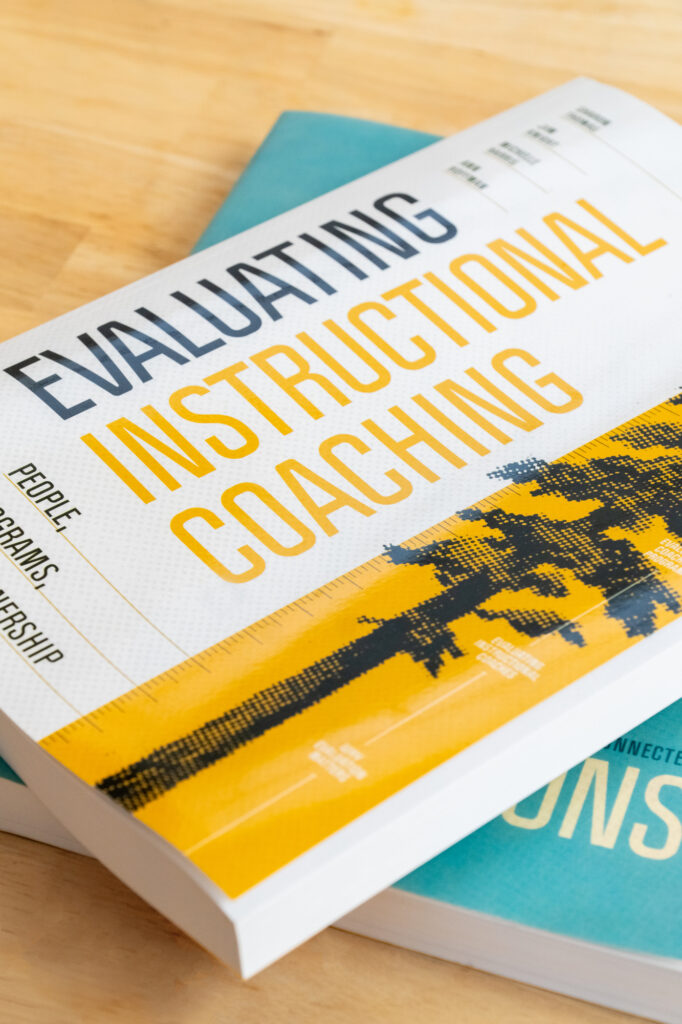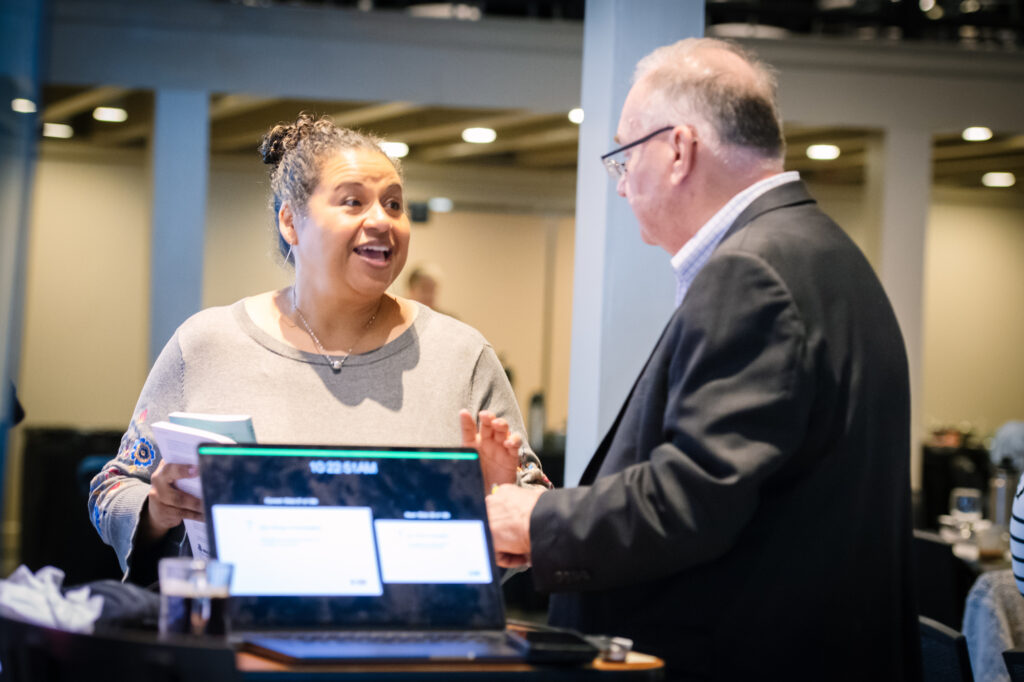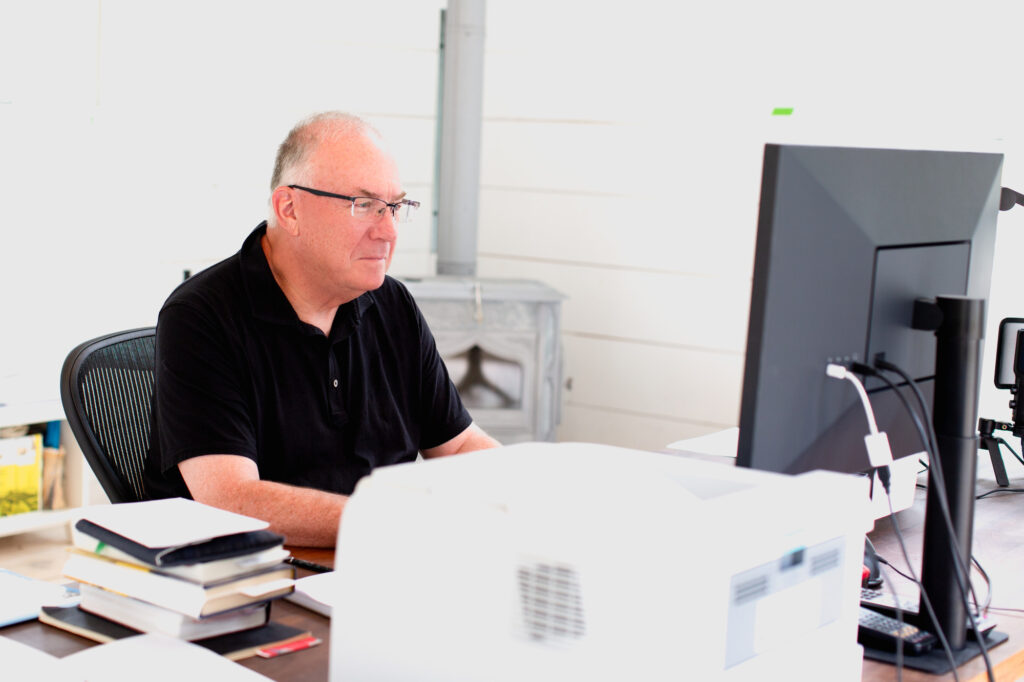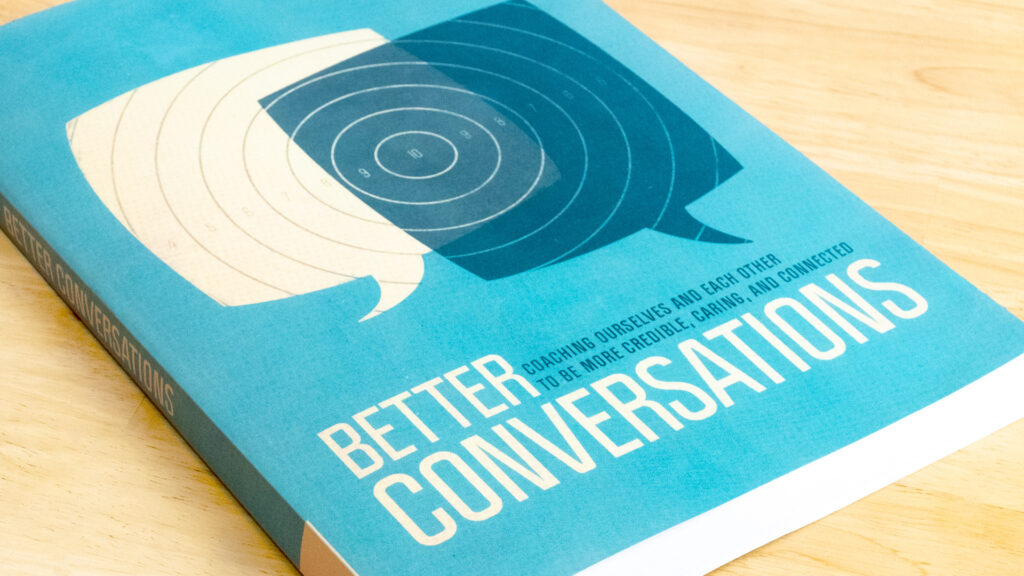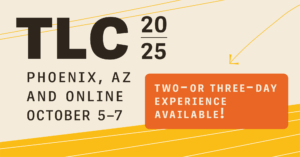“What is your philosophy of education?”
For decades now, the question that aspiring educators can count on answering in job interviews is one that asks us about our beliefs. What do we believe about students, about teaching, about education in general? Educators often develop a “stock answer” for this question (much like prepared answers for the old chestnut, “What is your biggest strength and weakness?”). School systems continue to ask that question for an important reason: beliefs drive behavior.
If we believe that public education is a cornerstone of democracy that empowers and educates the electorate, then we’re going to approach diverse groups of learners differently than if we believe that public education should ensure that everyone has basic reading and math skills. If we believe that children are autonomous, intelligent human beings whose talents and skills need nurturing, then we are going to treat them differently than if we believe that they are open vessels waiting to have knowledge and power instilled in them. Beliefs drive behavior.
In this video from Jim’s Partnership Principles series, you’ll discover how our beliefs about teachers, coaches, and students drive our approach to instructional coaching. Jim shares how the seed for the Partnership Principles was planted years ago in a college course called Philosophy of Education. He reflects on how that philosophy evolved over time and eventually shaped the foundation of our coaching model and his first books on instructional coaching.
You can explore the full series on our YouTube playlist, where Jim discusses each of the Partnership Principles and the ways they influence professional interactions. What we’ve found in workshops around the world is that understanding the philosophy behind our coaching model leads to a deeper, more meaningful connection with the work.
The more we treat participants as partners, the more engaged we all are and the more we learn. The same is true in schools: when coaches treat teachers as partners, they’re both more engaged, and they both grow in their understanding of teaching, learning, and student success.
When Jim first searched for teaching jobs back in 1989, he had a stock answer for the “What is your philosophy of education?” question. It was lofty and theoretical and grounded more on his hopes for the future than on any real experience or deep understanding. As he’s learned more about teaching and about human beings over the years, that philosophy has remained fundamentally the same, with perhaps a few bullet points added in here or there. At times, when he has been overwhelmed by or even lost in the challenging world of education, his beliefs have brought him back to who he is, to what he wants to do with his life.
“Philosophy” can seem other-worldy or “touchy-feely” or, at best, not pragmatic. It is, in fact, the opposite. We can trace how we interact with students, teachers, and leaders directly back to what we believe about the world and how we think it should work. Digging in deep on those beliefs can help to keep educators focused and happy in our work. What is your philosophy of education? How might the Partnership Principles play a role in it?







